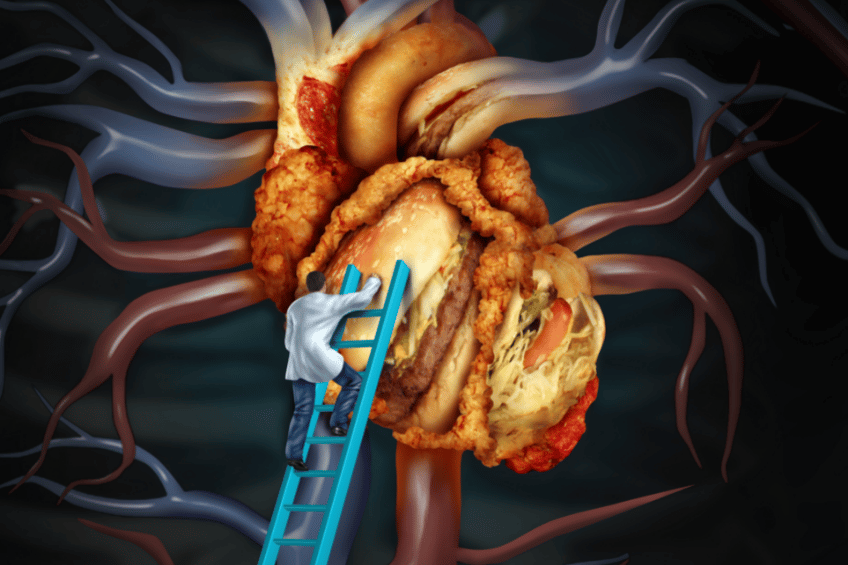What do high levels mean?
Very high levels of triglycerides (called hypertriglyceridemia) may result in liver and pancreas problems.
Raised levels are also indicative of other health issues and are usually there along with such conditions as high blood pressure, diabetes, obesity, high levels of LDL (so-called “bad”) cholesterol, and low levels of HDL (“good”) cholesterol. They may also contribute to the hardening of the arteries or thickening of the artery walls (arteriosclerosis), increasing the risk of heart disease, but this point is argued by experts. For example, some people may have genetic conditions that cause higher levels, but don’t have an increased risk of heart disease. At the same time, lowering triglycerides has not been associated with a lower risk of heart attack. The fact is that because high levels of triglycerides normally go along with other health problems, it is hard to say for sure what conditions are caused by raised levels alone. [4]
Triglyceride levels have a strong connection with the so-called metabolic syndrome (explained below), which results in diabetes.
